That is, the progress of many power projects is still slow; the energy supply still depends on imports; the energy industry infrastructure is still lacking and not synchronized. That is, the competitive energy market is not developing synchronously; the energy price policy is still inadequate, not really suitable for the market mechanism; there is still a situation of cross-subsidization of electricity prices for some customer groups...
Of course, these limitations and weaknesses mainly stem from “inadequate awareness of the role and importance of the energy sector in socio -economic development, ensuring national defense, security, social security, environmental protection and responding to climate change”. The Resolution also mentioned the current situation of “policies and laws on energy development still having many shortcomings, being slow to be amended, supplemented and perfected, especially mechanisms and policies for mobilizing resources for energy development, planning adjustments lacking flexibility, not promptly meeting practical requirements, and implementation lacking synchronization, especially power planning”.
The direction and organization of the implementation of energy policies and laws were also pointed out as "not drastic, comprehensive, and synchronous; not focusing on risk management and response measures; inspection and supervision work was not effective. There has not been a breakthrough in the application of science , technology, innovation, and digital transformation in the energy sector".
Looking at the current state of the energy industry, with the most notable sector being electricity, it can be seen that the assessment of Resolution 70-NQ/TW is very accurate.
In reality, for an important field like electricity, having long-term, clear, consistent policies with a long-term vision, along with experienced experts, is an extremely important lever.
As evidence, the Ministry of Industry and Trade first submitted the National Power Development Plan for the 2021-2030 period, with a vision to 2050 (referred to as Power Plan VIII) in March 2021. After that, the Ministry had 7 more submissions to clarify and supplement related issues. By May 2023, Power Plan VIII was issued.
However, the Plan must also wait for the Implementation Plan for Power Plan VIII to be issued in April 2024 - nearly a year later, to be "closer" to investors.
Not long after that, in April 2025, Power Plan VIII was adjusted again and on May 30, 2025, the Ministry of Industry and Trade issued the Plan to implement the adjusted Power Plan VIII.
Thus, the Power Plan established for the period 2021 - 2030 took nearly 5 years to be clearly defined.
But even with the Power Plan VIII and the Plan's implementation plan, investors still have to comply with other legal regulations, of which the Electricity Law and documents guiding the implementation of the Law are key.
After the new Electricity Law was passed by the National Assembly on November 30, 2024 and took effect from February 1, 2025, the Ministry of Industry and Trade issued a series of guiding decrees such as Decree 56/2025/ND-CP, Decree 57/2025/ND-CP, Decree 58/2025/ND-CP, Decree 61/2025/ND-CP...
However, investors have not been able to implement power projects as quickly as expected to have new power sources for the economy. This is the most obvious situation. Perhaps that is why the Ministry of Industry and Trade is planning to amend and supplement 4 newly issued decrees to create more favorable conditions for investors.
The journey of making policies for the electricity industry as described above shows that, in the process of consulting and building policies, state agencies in charge of specialized management need to continue to innovate their thinking and people, to be closer to the industry and work. Only then can a complex technical economic sector such as electricity develop and exploit its maximum potential and advantages, attract many investors, thereby achieving the goal of providing continuous, safe, stable electricity at reasonable prices, contributing to firmly ensuring national energy security and socio-economic development in the new era.
Source: https://baodautu.vn/diem-nghen-nganh-nang-luong-d380853.html



![[Photo] Prime Minister Pham Minh Chinh receives Lao Minister of Labor and Welfare Phosay Sayasone](https://vphoto.vietnam.vn/thumb/1200x675/vietnam/resource/IMAGE/2025/11/11/1762872028311_dsc-2246-jpg.webp)

![[Photo] Chu Noodles - the essence of rice and sunshine](https://vphoto.vietnam.vn/thumb/1200x675/vietnam/resource/IMAGE/2025/11/11/1762846220477_ndo_tl_7-jpg.webp)


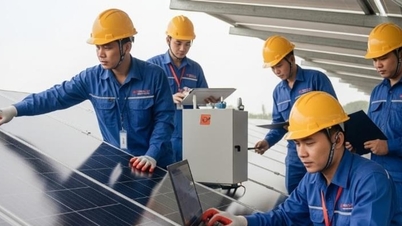



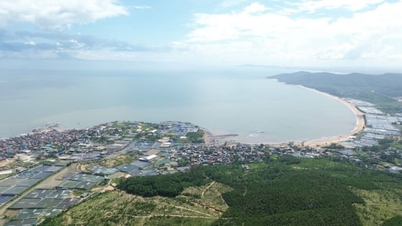

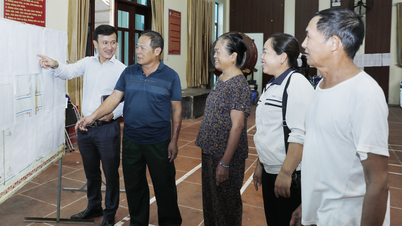



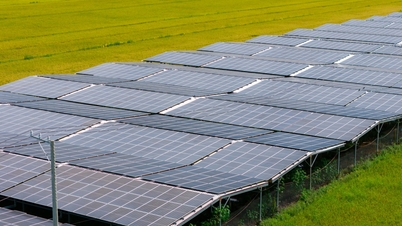











































































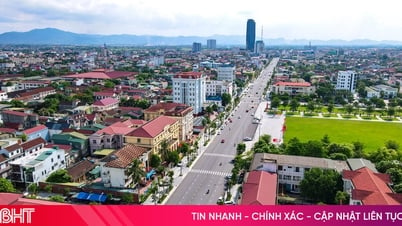
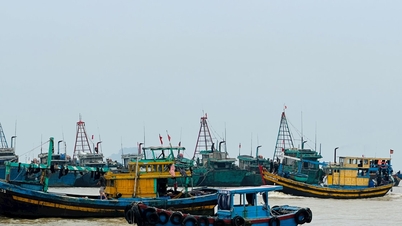

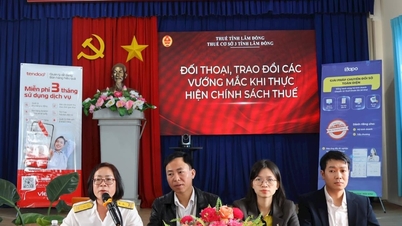



![Dong Nai OCOP transition: [Article 3] Linking tourism with OCOP product consumption](https://vphoto.vietnam.vn/thumb/402x226/vietnam/resource/IMAGE/2025/11/10/1762739199309_1324-2740-7_n-162543_981.jpeg)








Comment (0)